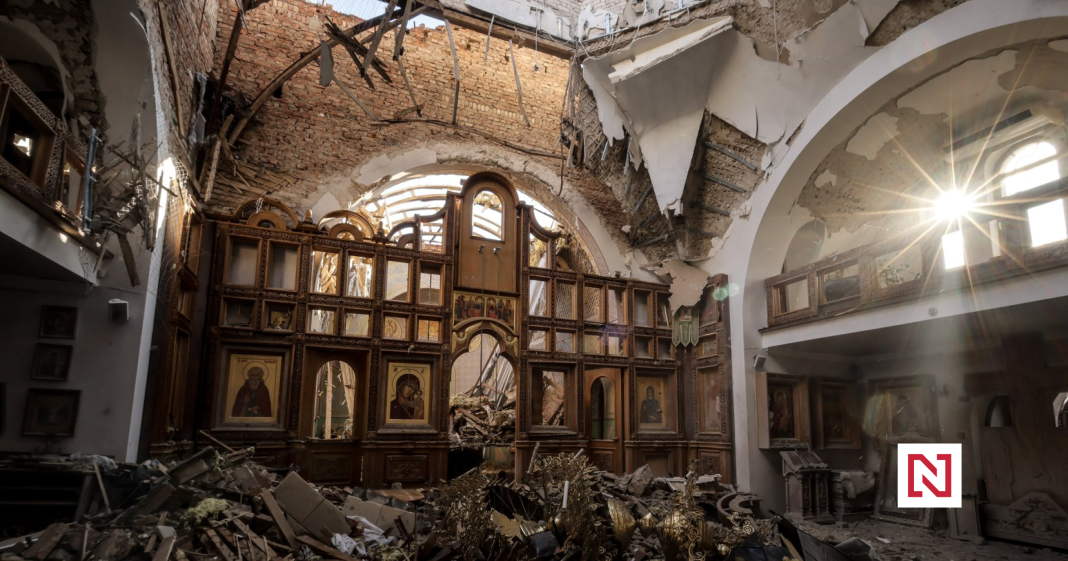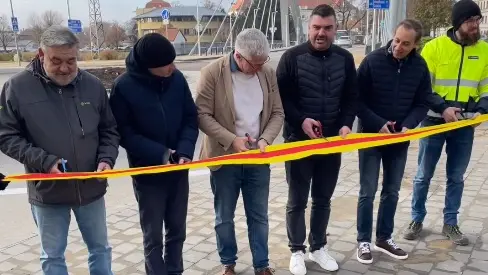Recent developments in Ukraine have drawn attention to the activities of the Russian Orthodox Church, with some comparing its operations to those of a criminal organization. This analysis explores the reasons behind such allegations and the broader implications for the region.
Background of Tensions

The relationship between Ukraine and the Russian Orthodox Church has long been fraught with tension, stemming from historical and political differences. The Ukrainian government has expressed concerns over the church’s influence, alleging that it serves more as a tool of Russian political interests than as a religious institution. This situation has been exacerbated by the ongoing conflict between Ukraine and Russia, leading to closer scrutiny of the church’s activities.
In response to these tensions, the Ukrainian authorities have increased their oversight of religious organizations linked to Moscow, viewing them as potential threats to national security. Such measures have included investigations and restrictions on church operations within Ukraine, highlighting the complexity of balancing religious freedom with sovereignty.
Allegations of Criminal Activities

The claim that the Russian Orthodox Church operates like a criminal organization is primarily rooted in alleged financial misconduct and political manipulation. Critics have accused the church of money laundering and using its religious influence to support pro-Russian factions within Ukraine. These allegations suggest that the church’s activities go beyond spiritual guidance, veering into the territory of covert operations.
Investigations have uncovered cases where church funds have been funneled into activities that undermine Ukrainian sovereignty. These findings have bolstered claims of the church acting not just as a religious entity but as an active participant in geopolitical maneuvers.
Impact on Religious Communities

The ongoing scrutiny of the Russian Orthodox Church’s activities has had significant repercussions for religious communities within Ukraine. Many believers find themselves caught between their faith and the nationalistic leanings of their government, leading to societal division and unrest. This situation has created a complex environment where religious practices are intertwined with political loyalties.
In some areas, congregations have experienced a shift in allegiance, opting to align with the Ukrainian Orthodox Church, which is recognized as independent from Moscow. This realignment reflects a broader cultural and national identity shift that is occurring across Ukraine.
International Reactions

International bodies and human rights organizations have been monitoring the situation closely. While supporting Ukraine’s right to protect its sovereignty, they emphasize the necessity of safeguarding religious freedoms. The delicate balancing act between national security and religious rights continues to be a contentious issue.
Diplomatic dialogues with stakeholders, including international religious communities, aim to address these challenges. Such engagements underscore the global dimension of the conflict and the need for a nuanced understanding of its religious components.
In conclusion, the characterization of the Russian Orthodox Church’s activities in Ukraine as resembling a criminal organization underscores the complex interplay of religion, politics, and national identity in the region. Ongoing investigations and reforms will likely shape the future of religious and political landscapes in Ukraine.





